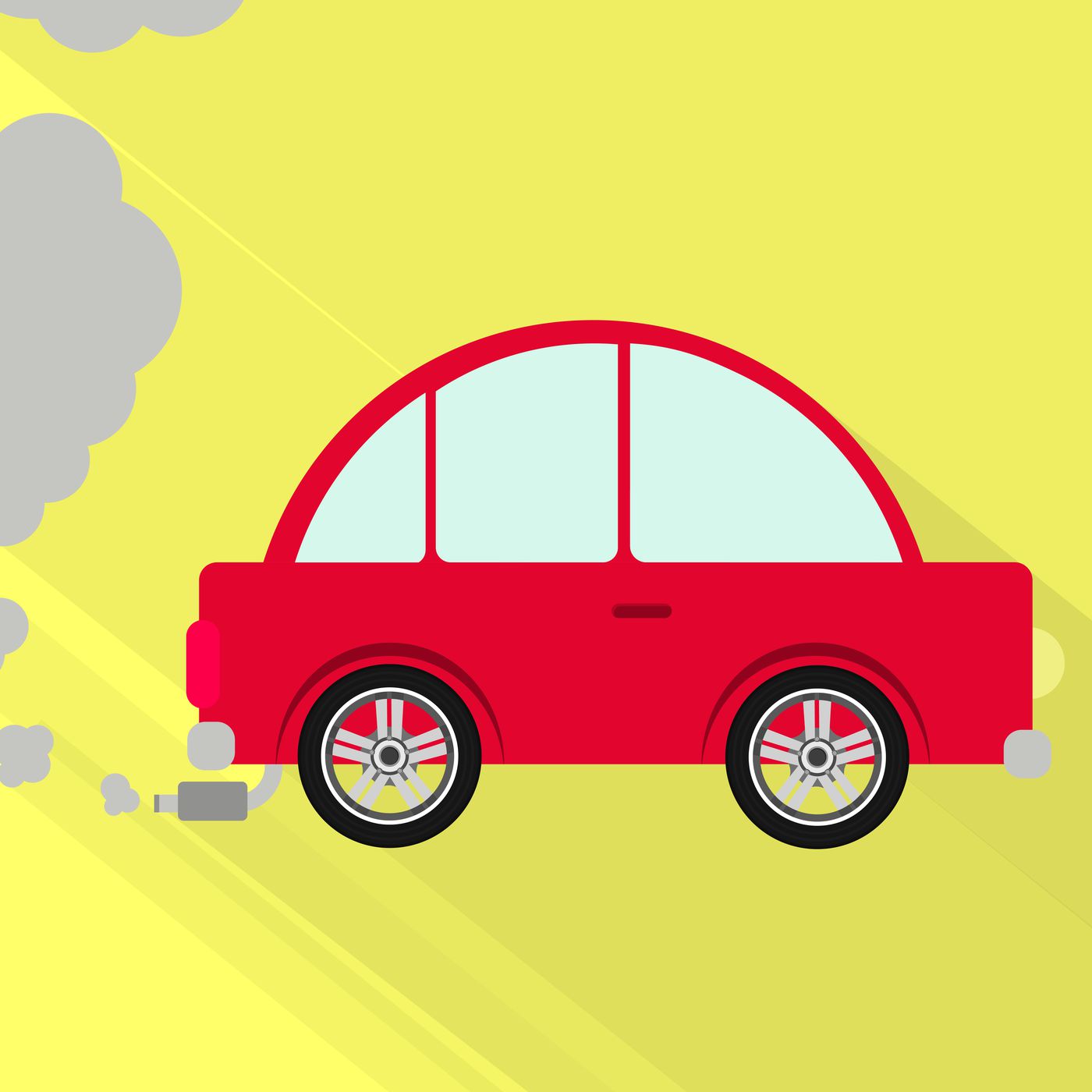If you’ve just bought a diesel car and want to keep it running for years to come, it’s good to know how to repair the engine. This blog post will summarize the key points when repairing or servicing a diesel engine.
On cars with diesel engines, there are always specific fluids that need replacing on a regular basis. For instance, it is important to periodically replace the intake-manifold gaskets in order to avoid oil leaks from these rubber seals and keep the reliability of these vehicles high! In addition, all cars with diesel engines need radiator coolant that doesn’t contain silicates (the silicate in water causes corrosion on metal parts), as well as properly maintained exhaust systems.
Cleaning Diesel Fuel Lines
Upon the purchase of any diesel vehicle, the engine needs to be cleaned and the gas lines need to be inspected. This is done to avoid a situation where fuel that contains moisture enters the fuel lines. Because of this, any time you change your filter, it is always recommended that you also clean and inspect your fuel lines for broken or damaged sections. Then, when you have completed your maintenance service, make sure to replace all hose clamps and end fittings if needed.
Replacing Diesel Engine Parts
Once the car has been serviced and oil changes completed, it needs to be warmed up before replacing parts such as glow plugs or water pipes. If you purchased your car with a bad starter, you will need to replace it soon. It is recommended that this be done when the car has been warmed up.
If you want to purchase parts for your car that are not available in the official retail stores, it is recommended that you order them through aftermarket distributors or repair shops that deal with these specific brands. When ordering parts from these companies, be sure to check the manufacturer’s website and contact them directly on questions or concerns regarding their products! This can save a lot of time and money on any parts purchased.
One thing to remember is to check with the dealer before purchasing any of these parts as most can only be ordered by dealerships. When replacing parts on a diesel vehicle, it is very important to note that the entire engine and transmission must be removed for each part to be replaced.
Suggested Service and Parts List
To help out with purchasing the right parts, we have included a list of recommended service and parts below. This is recommended for those who would like to do the work themselves as well as those who want to leave it to specialists! They are in no particular order other than some being slightly more fit or less fit than others. For example, our list of maintenance services above focuses on repairing/servicing a diesel car while our list of parts mostly relates to engines as well as transmission repairs.
Maintenance services for a diesel car
- Replacing the air filter: Depending on the vehicle you have, this will vary. Check the manual for your make and model to determine when it should be replaced. The air filter affects how well your car runs, how efficient it is, and how easy it is to maintain – so don’t forget this important part!;
- Replacing glow plugs: Oftentimes, you need to replace these every 10-20 thousand miles. If you want to do this yourself, you’ll need a special screwdriver that is used on diesel engines;
- Replacing the fuel filter: Make sure to get a fuel filter that will fit the manufacturer’s specifications!;
- Replacing oil filter: Oil filters affect how clean your engine is for future oil changes. Without them, rust and dirt will build up in your engine, causing it to run less efficiently, your engine could be damaged due to carbon deposits in the pistons or valves, and other serious problems could occur;
- Replacing spark plugs: When replacing spark plugs, you need to be sure that you have the correct specification ones (matching voltage).
So, now you know how to repair a diesel car! We hope that this article was able to cover all your questions and concerns and that you’re now better prepared to keep your car running for years!
